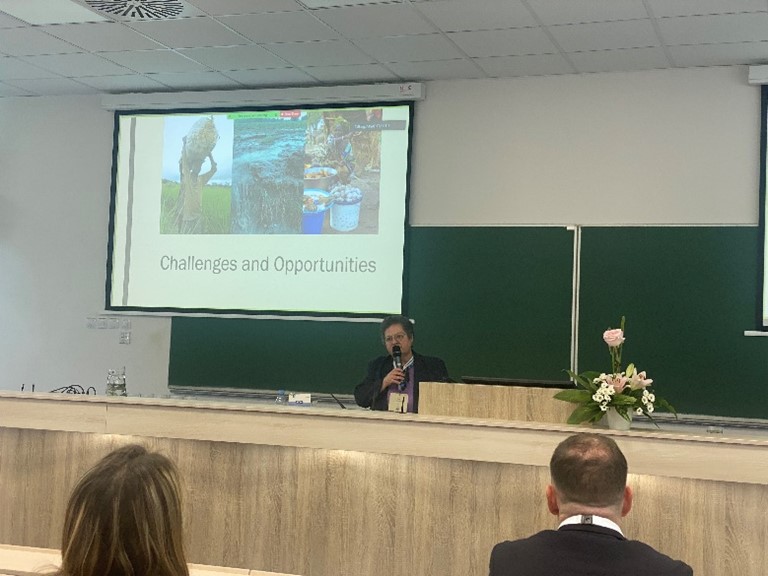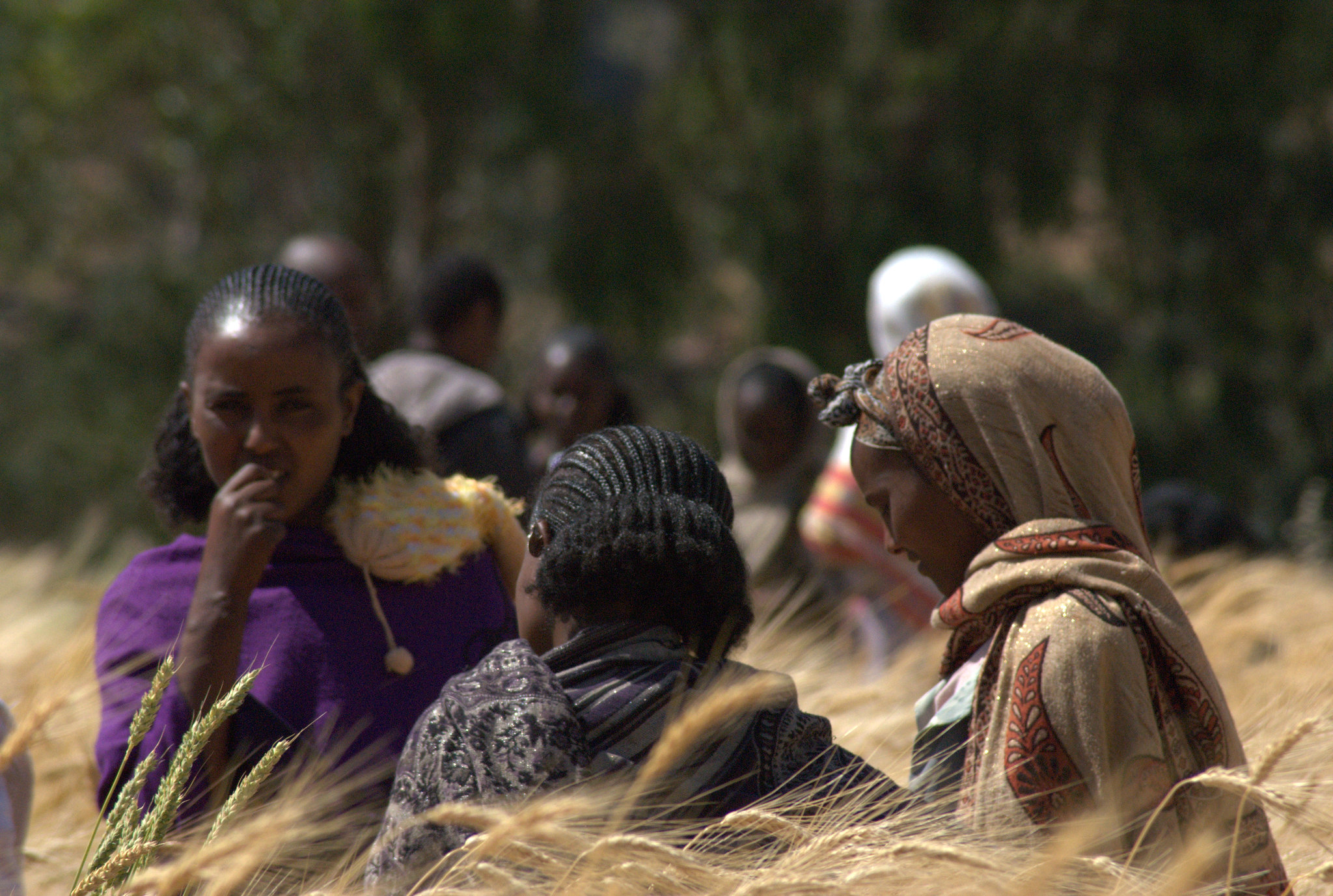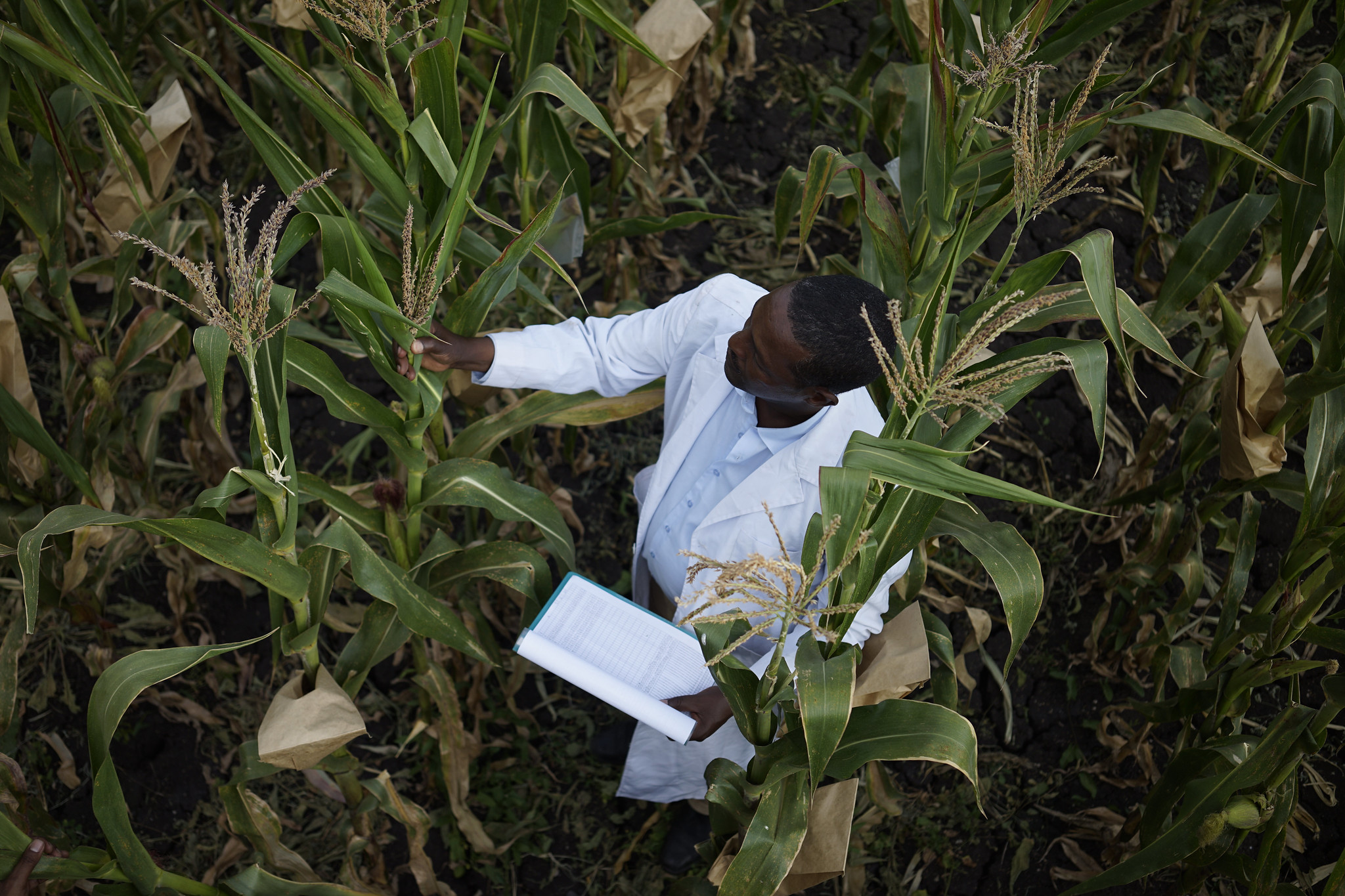
Farmers, development practitioners and scientists gathered at Tropentag 2022 between September 14-16 to answer a question that will affect all our futures: can agroecological farming feed the world?
Tropentag is an annual interdisciplinary conference on research in tropical and subtropical agriculture, natural resource management and rural development, jointly organized by nine European universities and the Council for Tropical and Subtropical Agricultural Research (ATSAF e.V), in cooperation with the GIZ Fund International Agricultural Research (FIA).
This year’s event explored the potential of agroecology to contribute to improved nutrition, enhanced natural resource management and farm incomes.
Sieg Snapp, Director of the Sustainable Agrifood Systems (SAS) program at the International Maize and Wheat Improvement Center (CIMMYT) presented on agroecology approaches to enhance learning in a changing world based on experiences with maize-based cropping systems in southern Africa. Snapp suggested that accelerated learning and adaptative capacity are key to the local generation of suitable solutions to agricultural problems, and proposed agroecology as a foundational approach that emphasizes understanding principles, harnessing biological processes, and enhancing local capacity.
Snapp shared how an agroecology living laboratory in Malawi has supported farmer agency around soil health, crop diversification and sustainable intensification since 2013, while living labs are being established in “food territories” in Zimbabwe to support innovation and strategies for evaluating the benefits of farm-scale agroecology approaches. She also explored solutions for pest management, inclusive financing modalities and collaborative innovation generation between farmers and researchers.
Gender and disease-resistant varieties
Michael Euler, Agricultural Resource Economist at CIMMYT, presented in the conference session on technology adoption and dissemination for smallholder farms, which included contributions on the adoption and impact of improved forage production, use of biogas facilities, agroecological management practices, improved wheat seeds, and access to and use genetic diversity in gene banks.
Based on data from CIMMYT’s Accelerating Genetic Gains in Maize and Wheat (AGG) project in Ethiopia, Euler presented a study on how intra-household decision-making dynamics influence the adoption of rust-resistant wheat varieties.
By using questionnaires that were addressed separately to male and female spouses in the household, researchers obtained insights on perceived individual roles in decision-making and agreements. The study found that an increase in the role of the female spouse in household farming decisions is positively associated with the uptake of rust-resistant varieties.
Additional sessions from the event focused on crops and cropping systems, animal production systems, food security and nutrition, agroecology, and food processing and quality.

 Climate adaptation and mitigation
Climate adaptation and mitigation 